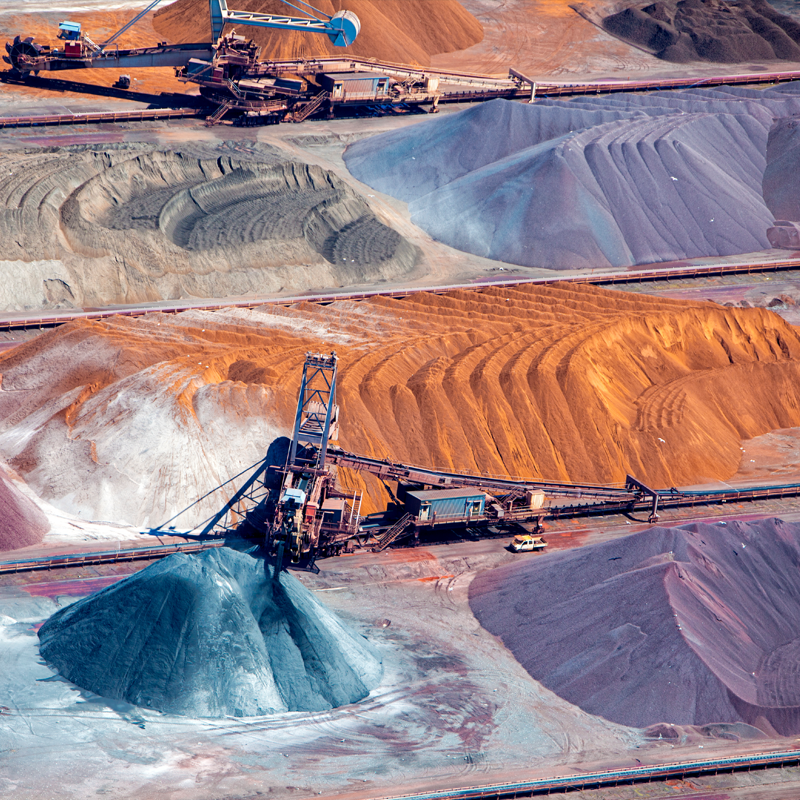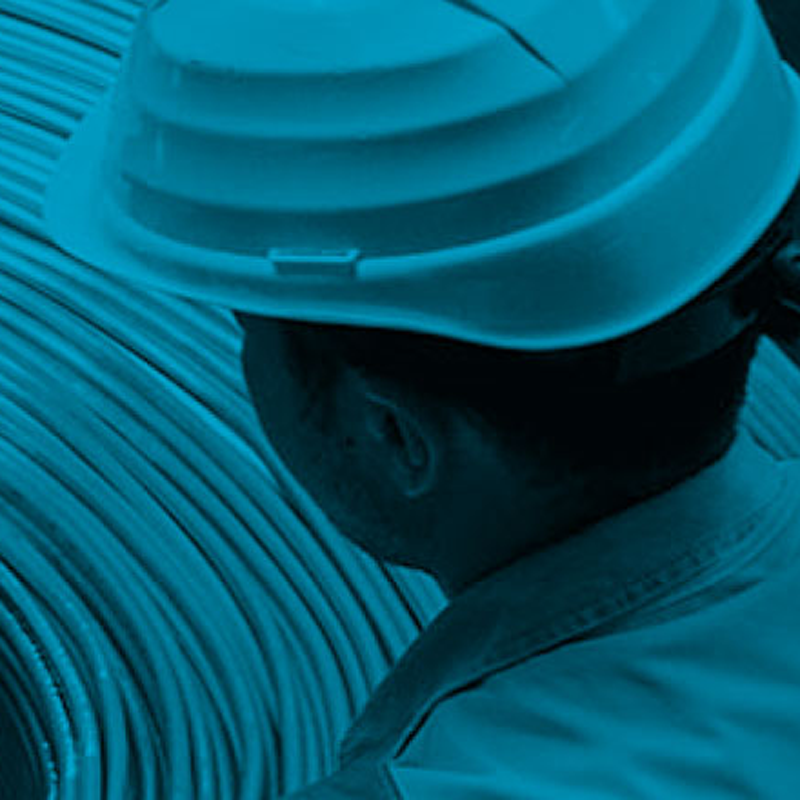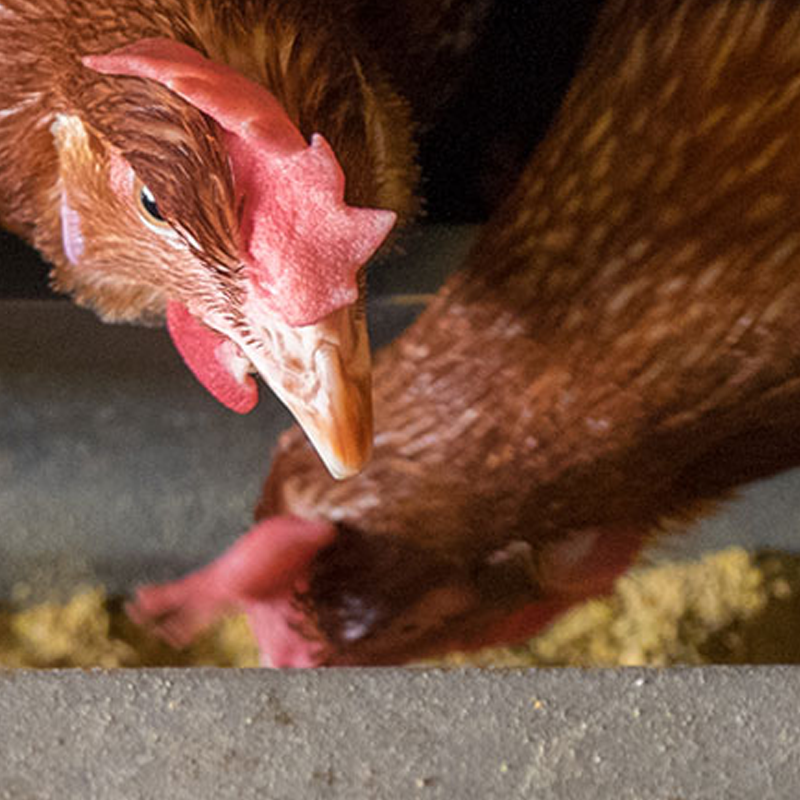
Towards Zero Podcast - how to end the climate crisis by wasting less
This Zero Waste Scotland podcast is for everyone who is interested in doing things differently to help end the climate emergency.
Each episode features interesting stories, information and ideas from a wide range of guests, including our own experts, on how we can all waste less and do more.
Listen below or on Google Podcasts, Apple Podcasts or Spotify.
Choose to reuse (episode 10)
Ditching disposables to stop takeaways costing the Earth.
Our guests:
- Alvaro Bernabeu, owner of Malvarosa, Portobello, Edinburgh
- Catherine Bozec, Communications Partner, Zero Waste Scotland
- Maja Darlington, Plastic Campaigner, Greenpeace UK
In this episode...
...we hear how Scottish takeaways and their customers are wasting less and spending less as they go beyond the latest ban on throwaway plastic to help save the planet and their pocket.
Alvaro Bernabeu tells us why he’s always charged a deposit for his paella pans. Now he’s saving cash as well as carbon by trialling deposits for other reusable tubs and cups at his restaurant in Edinburgh’s Portobello under Zero Waste Scotland’s Ditching Disposables scheme to help businesses nationwide make the best change for them and the planet.
Zero Waste Scotland’s communications partner Catherine Bozec explains the ban in more detail, and why we should all ditch all disposables and choose to reuse everything wherever possible, from cups to clothes and computers.
Greenpeace UK plastic campaigner Maja Darlington tells us all about the Big Plastic Count revealing how much we waste at home to help persuade governments and big businesses take more action.
Find out more:
Zero Waste Scotland provides a range of free expert advice and information to help everyone waste less to cut the carbon emissions behind the climate crisis. For more on the single-use plastic ban click here.
The Ditching Disposables scheme is funded by Zero Waste Scotland and run by Changeworks to help food outlets in Edinburgh go beyond the latest ban on single-use plastic by choosing products which are made to last. Under the scheme, firms are trying out different ways to switch to reusable alternatives, including a deposit return scheme for cups and tubs. We will share information and updates on different approaches to help businesses nationwide make the best changes for them and the planet. Find out more here.
Research by Zero Waste Scotland has found that the average Scot gets through more than twice the amount of materials they need to live both sustainably and well. Read our Material Flow Accounts summary and reports here.
For the latest on the Big Plastic Count launched by Greenpeace UK and Everyday Plastic click here.
Getting around (episode 9)
How to make sure going electric really will help end the climate crisis.
Our guests:
- Dr Euan McTurk, electric vehicle battery engineer and host of YouTube show, Plug Life Television
- Charlotte Stamper, circular economy energy infrastructure specialist, Zero Waste Scotland
- Paul Codd, Cleantech investor, Co-Founder of Cheesecake Energy and CEO of Flexergy Ltd
In this episode...
...we talk about the need to switch from petrol and diesel to electric vehicles as we enjoy the freedom to get around again without making the climate crisis worse.
Electric vehicle battery engineer Euan McTurk crunches the numbers in a bid to answer to a common question: Are electric cars really better for the planet than petrol or diesel?
Zero Waste Scotland’s circular economy energy infrastructure expert, Charlotte Stamper, shares our latest research highlighting the risk of creating more waste as demand for electric vehicles soars – and discusses innovative solutions to avoid that risk and create more sustainable jobs in the process.
Paul Codd explains how Cheesecake Energy, his tasty-sounding circular economy business, is pioneering an unlikely sounding way to make the switch to electric more sustainable.
Find out more:
Zero Waste Scotland provides a range of free expert advice and information to help everyone waste less to cut the carbon emissions behind the climate crisis.
The wasteful way we produce, buy and bin everything is the single biggest cause of the emissions behind the crisis in Scotland. That’s unsustainable because it’s destroying the planet and because we don’t have a limitless supply of metals and other natural resources.
The key to ending the crisis here is to stop wasting everything and make things last instead. That’s what the circular economy does – reducing, reusing, repairing, remaking and only then recycling products and materials.
The switch from petrol and diesel vehicles to electric is vital to help save the planet. But we need to make the switch sustainably. That means renting and sharing cars, and buying secondhand instead of new, to make the most of what we already have.
It also means using batteries sustainably. Latest research commissioned by Zero Waste Scotland enabled our experts to forecast that battery waste will triple in 25 years, with 40 per cent of that caused by electric vehicles. The report adds to evidence that most batteries are currently exported for recycling or sent to landfill, with no recycling of batteries currently done in Scotland. It highlights a key opportunity for Scotland to reprocess and recycle batteries here, creating new green jobs and reducing waste and emissions further as we switch to electric vehicles. Read the research summary and reports here.
To hear more from Euan McTurk about electric vehicles and batteries visit Plug life Television.
For more information on Cheesecake Energy click here.
Getting social (episode 8)
Life after Lockdown - dress up and drink up without trashing the planet.
Our guests:
- Naomi Ross, co-founder of online clothing rental service Sioda
- Hannah Clinch, co-creator of Dunoon Goes Pop
- Louisa Coursey, Business Support Partner, Zero Waste Scotland
In this episode...
...we find out how to enjoy socialising and support the recovery post-Covid without making the climate crisis worse.
Naomi Ross from Sioda explains how to look good, get a retail therapy fix and still help save the world by renting everyday clothes instead of buying new.
We chat to Hannah Clinch about going back to the future on the Clyde where Dunoon Goes Pop aims to revive the town’s historic drinks industry and tourism with a modern twist on sustainability.
Both women have had support from Zero Waste Scotland’s circular economy experts to develop their business ideas during lockdown.
Our Business Support Partner, Louisa Coursey, highlights another female-led Scottish business pioneering reusable cups in cafes to help wipe out the waste from countless disposable drinks cups.
Find out more:
The way we produce, buy and bin clothing is a key cause of the emissions behind the climate crisis. Renting clothes or switching to second-hand instead of always buying new can really help save the planet.
Zero Waste Scotland’s Revolve certification is a national quality guarantee scheme for second-hand goods and customer service. More than 120 certified stores around the country are Revolve members, selling a range of pre-loved items from clothes and books to bikes and furniture.
Needless throwaway products from cups and bottles are another key cause of the waste behind the climate emergency. Help make a difference by ditching disposables wherever possible and choosing reusable alternatives such as buying or renting reusable cups instead.
For the latest updates on Dunoon Goes Pop click here.
Second-hand is first choice for shoppers and businesses (episode 6)
We head to Perthshire where the charity Remake Scotland is pioneering the re-use revolution.
Our guests:
- Fiona Gilbert, development manager at Remake Scotland
- Laura Blair, circular economy sector manager for cities & regions at Zero Waste Scotland
In this episode...
Fiona Gilbert from Remake talks about creative scavenging and how Zero Waste Scotland’s Revolve quality guarantee for second-hand goods is encouraging people to shop differently to help end the climate crisis.
Laura Blair, from Zero Waste Scotland’s circular economy team, explains how our ‘circular’ cities and regions network helps local textiles manufacturer Halley Stevensons waste less by supplying offcuts to Remake, inspiring a range of sustainable new products.
Remake’s new ‘tool’ library lets people borrow everything from DIY tools to guitars and bouncy castles – and Fiona’s next big plan is to open Scotland’s first second-hand shopping centre.
Find out more:
Our Circular Cities and Regions programme was pioneered in Glasgow where we joined forces with the council and chamber of commerce to help businesses and communities. We now work on the programme with councils and chambers across Scotland including our newest circular region, the Highlands and Islands.
Zero Waste Scotland’s Revolve certification is a national quality guarantee scheme for second-hand goods and customer service. Remake Scotland is one of more than 120 certified stores around the country selling a range of pre-loved items from clothes and books to bikes and furniture. Membership currently costs £100.
To find out more about Remake Scotland, including their tool library and re-use container at Perth and Kinross Council’s recycling centre, click here.
For information on Halley Stevensons click here.
A cracker of an opportunity (episode 5)
How two Highland firms got together to help end the climate crisis by baking biscuits from beer.
Our guests:
- Lewis Maclean, managing director at Maclean’s Highland Bakery
- Nigel Tiddy, managing director at Windswept Brewing Company
In this episode...
... we head to the Highlands where two firms have joined forces to create some of Scotland’s tastiest-sounding solutions to the climate crisis.
Lewis Maclean from Maclean’s Highland Bakery and Nigel Tiddy at Windswept Brewing Company talk about how Zero Waste Scotland helped them get together to turn waste from the brewery into sustainable new biscuits.
Nigel has also worked with local barley farmers on a sustainable new beer called Pioneer.
Wasted food is a key cause of carbon emissions, with food and drink manufacturers estimated to cause a quarter of Scotland’s total food waste. Zero Waste Scotland is helping hundreds of firms find innovative ways to value resources instead of wasting them, creating the sustainable products, jobs and businesses we need to Build Back Better.
Return, refill, repeat (episode 4)
How a Scottish beauty business is helping to end the waste behind the climate crisis
Our guests:
Jo Chidley, founder of Beauty Kitchen
In this episode...
...we take a virtual visit to Glasgow as Scotland’s largest city gears up to host COP26, the latest global climate crisis talks.
We talk to Jo Chidley, who is cutting carbon emissions in the beauty industry and beyond through her simple ‘return, refill, repeat’ service – reusing bottles and jars to eradicate vast amounts of needless single-use packaging for everyday products like shampoo.
Jo’s start-up, Beauty Kitchen, is pioneering refill stations with supermarket Asda and global brand giant Unilever, which makes popular household products from Persil to PG tips.
Beauty Kitchen is scaling up with support from Zero Waste Scotland, including a paid ‘green’ intern helping Jo expand her refill stations across Glasgow.
Find out more
For more information on how Beauty Kitchen is eradicating waste to help end the climate crisis click here.
The future of work (episode 3)
The job that can’t wait – how the energy sector and other industries are doing business differently to end the climate crisis.
Our guests:
- Mark Herring, future net zero workforce lead at National Grid ESO
- James Barry, chief executive of Renewable Parts Ltd
- Iain Gulland, chief executive of Zero Waste Scotland
In this episode...
...we explore the thriving future of work.
One in ten jobs across Scotland already helps to reduce waste and carbon emissions by keeping limited resources in a loop of use through the circular economy. We need to score ten out of ten if we’re going to end the climate crisis. That brings valuable opportunities to learn, share and adapt new and existing skills and create thousands of new jobs across all sectors nationwide.
We talk to Mark Herring from National Grid ESO about how the UK’s energy sector is recruiting the net zero workforce we need with 400,000 posts nationwide from engineers to data analysts.
James Barry drops in from Renewable Parts wind turbine refurbishment specialist to share the inspiring story of a sustainable Scottish business which is not just surviving but thriving.
Iain Gulland joins us from Zero Waste Scotland to discuss the challenges and opportunities which doing business differently brings. From homeworking to turning waste from whisky into valuable new products, there are countless ways to help make every job green.
Find out more
Read more about the thousands of existing and future sustainable, circular economy jobs in key sectors including construction, energy and the bioeconomy in Future of Work report. The report was written in partnership with Circle Economy.
For more information on Renewable Parts click here.
For more information on the National Grid’s Net Zero energy workforce click here.
The future of our homes (episode 2)
Superjackets, sofas for life and smart shopping can all help end the climate crisis
Our guests:
- Saskia Goeres, creator of Sofa Forlife
- Stephen Boyle, head of construction at Zero Waste Scotland
- Sharon McCracken, sustainability leader at IKEA
In this episode...
...we explore the innovative future of our homes.
Our homes are a key cause of the climate crisis, creating around 40 per cent of UK carbon emissions. Millions of sofas and other types of furniture are illegally dumped or sent to landfill each year in Scotland, creating needless waste and carbon emissions.
We talk to Saskia Goeres about how the sight of so many abandoned sofas in Glasgow inspired her to create a sofa designed to last a lifetime to help end the climate crisis.
Zero Waste Scotland’s Stephen Boyle drops in to discuss ‘superjackets’ and other more sustainable ways of building better homes.
Sharon McCracken joins us from IKEA to translate the idea of ‘living lagom’ and explain why the global furniture store gave its customers cash to help them live more sustainably and then dropped the amount from £500 to £100 after proving that sustainable shopping really doesn’t cost the earth.
Find out more
For more information on IKEA’s sustainable shopping project, Live Lagom, click here.
Stephen Boyle was also a guest on Episode 1 of Canadian podcast, Prairie Design Lab, discussing sustainable construction.
The future of food (episode 1)
Insect farming and other ways to reduce food waste and help save the planet.
Our guests:
- Dr William Clark, bioeconomy expert at Zero Waste Scotland
- Laurence Webb, responsible sourcing manager at Tesco
- Rosie Jack, market and events manager for Bowhouse food hub in Fife
In this episode
...we explore the fascinating future of food.
Wasted food is a major cause of the climate crisis. Each year in Scotland alone we collectively waste over £1billion worth of food from our homes. Insect farming might sound like a joke but it’s a serious business opportunity to turn Scotland’s waste into value.
We talk to Zero Waste Scotland’s, Dr William Clark, who probably knows more than anyone in Scotland about how Scottish insect farms can help to produce the sustainable food supply we need - reducing waste and emissions and creating green jobs too.
Laurence Webb from Tesco joins us to explain why the UK’s largest supermarket is keen on insect farming too as part of growing efforts to help combat climate change by working with its suppliers to make customers’ shopping far more sustainable.
Rosie Jack from Fife food and drink hub, Bowhouse, also drops in for a chat about how as a small, Scottish business it’s working with Zero Waste Scotland and local food producers to make a big difference to food waste.
Find out more
For more information on Bowhouse food hub click here.
For more on reducing food waste read Scotland’s Food Waste Reduction Action Plan.
For more on how we can produce and consume our food differently to help end the climate crisis read Zero Waste Scotland’s Future of Food report.
Our research on the economic benefits of insect farming is here.
Christmas special
Part one – How to reduce the carbon cost of your Christmas
Part two - Savvy ways to sustainably gift this Christmas
Part three – Top tips to reduce food waste this Christmas
Part four – Making recycling easy this Christmas
Find out more
- Evidence & Insights





